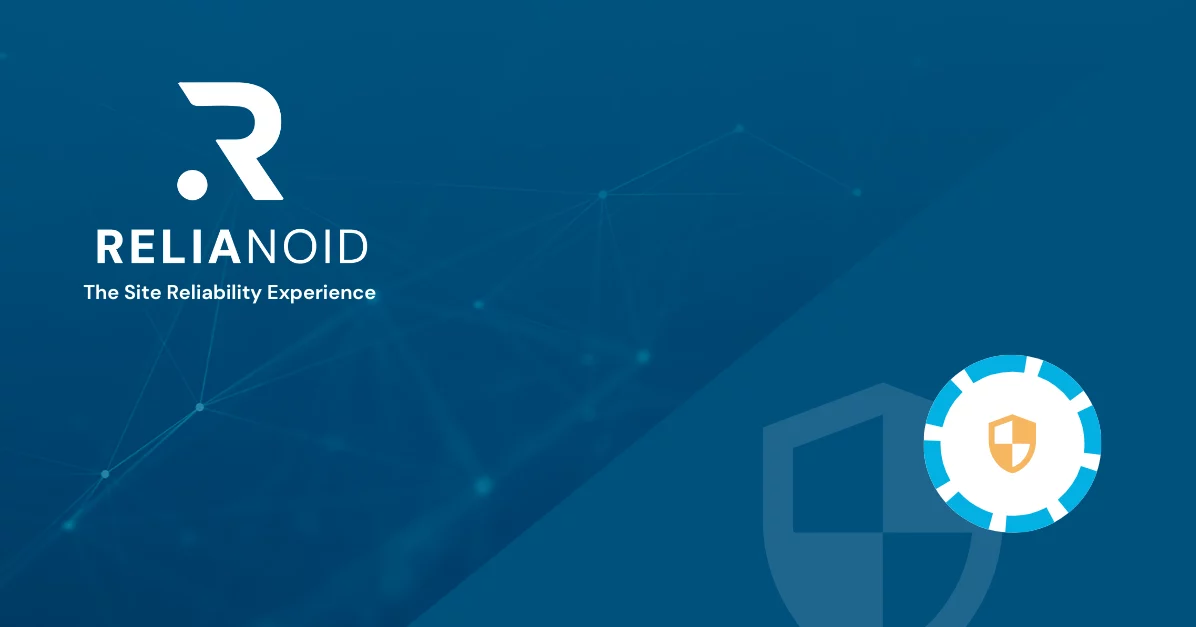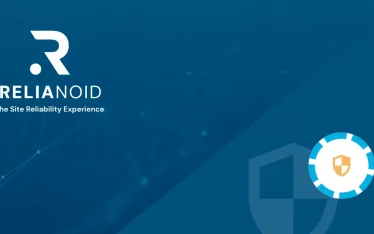Japan’s largest brewer, Asahi Group, has become the latest victim of a severe ransomware attack that has crippled production and distribution across the country. The incident underscores the growing vulnerability of Japan’s industrial sector—just days after the government enacted its Landmark Cyber Defence Legislation designed to bolster national resilience against precisely these kinds of threats.
The Attack and Its Impact
The cyberattack, which Asahi promptly reported to law enforcement, disabled the company’s internal communication, ordering, and delivery systems. As a result, shipments were suspended, production halted at numerous domestic breweries, and customer service operations disrupted nationwide. While the company confirmed that no customer data had been compromised, the operational paralysis has already led to visible supply shortages of the iconic Asahi Super Dry and other beverages across Japan’s supermarkets and convenience stores.
With inventories dwindling and new product launches postponed, the economic and reputational impact could be substantial. In a fiercely competitive market already facing declining beer consumption, such disruptions threaten not only short-term sales but also long-term trust among distributors and retail partners.
A Broader Industrial Vulnerability
This incident highlights a critical point: Japan’s manufacturing and industrial ecosystem—historically focused on efficiency and reliability—now faces mounting cyber risk exposure as it undergoes rapid digital transformation. The attack on Asahi follows similar high-profile breaches in recent years, including those targeting Toyota suppliers and other major Japanese manufacturers. These events reveal a recurring weakness in Operational Technology (OT) security, where production systems are increasingly connected to corporate IT networks but often lack modern cyber defenses.
Japan’s New Cyber Defence Legislation in Action
The timing of this attack is significant. It arrives immediately after Japan’s new Cyber Defence Legislation came into effect—establishing a framework for stronger national coordination, mandatory incident reporting, and sector-specific cyber resilience measures. The law emphasizes three strategic imperatives for organizations:
- Mandatory Risk Assessment – Companies must continuously evaluate cyber risks across IT and OT domains, identifying potential attack surfaces before they are exploited.
- Incident Response Preparedness – Organizations are required to maintain rapid containment and recovery plans, including cooperation with government and industry partners.
- Information Sharing – Critical infrastructure operators and major corporations are encouraged to share real-time threat intelligence to prevent cascading effects across supply chains.
In Asahi’s case, these provisions could help guide an accelerated response—ensuring transparent communication, coordinated recovery, and the integration of more resilient cyber defense systems to prevent future disruptions.
How Companies Can Strengthen Industrial Resilience
For industrial and manufacturing organizations, the Asahi attack serves as a stark reminder that cybersecurity is now integral to operational continuity. Preventing such large-scale disruptions requires:
- Segmented IT and OT Networks – Preventing lateral movement of malware across production systems.
- Real-Time Threat Detection – Deploying continuous monitoring tools to identify anomalies before they impact production.
- Patch and Vulnerability Management – Ensuring critical systems are promptly updated to close security gaps.
- Disaster Recovery Automation – Maintaining redundant and secure backup environments for rapid operational recovery.
RELIANOID’s Role in Industrial Cybersecurity
At RELIANOID, we understand the urgency of protecting industrial infrastructures where every second of downtime carries significant financial and operational consequences. Our Application Delivery Controllers (ADCs) and security solutions are designed to ensure resilience, continuity, and compliance within the framework of Japan’s evolving cybersecurity directives.
Through advanced vulnerability detection, real-time mitigation, and hyper-efficient network protection, RELIANOID empowers organizations to identify threats early, apply fixes instantly, and sustain operations—even under cyber duress. With agile engineering teams and automated security orchestration, we help industrial players like Asahi restore confidence in their digital and operational environments.
Conclusion
The Asahi Group ransomware incident is more than a corporate disruption—it is a wake-up call for Japan’s industrial ecosystem. As cyberattacks grow in sophistication, aligning corporate cybersecurity practices with the nation’s new legislative framework is not optional—it’s essential.
By combining robust national policy with proactive defense technologies from partners like RELIANOID, Japan’s industries can transition from reactive recovery to predictive, preventive cybersecurity. The goal is clear: protect production, safeguard supply chains, and ensure operational integrity in the face of an increasingly volatile cyber landscape.





